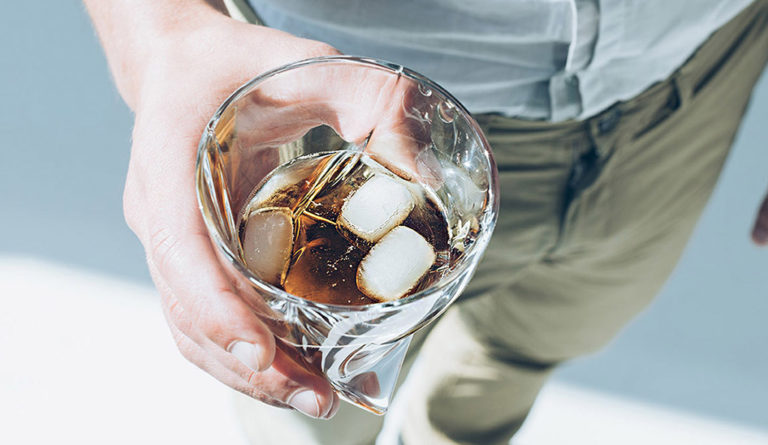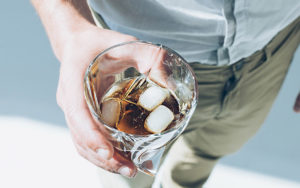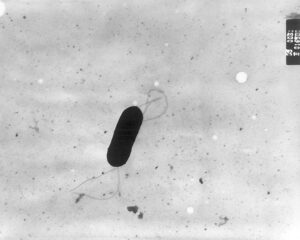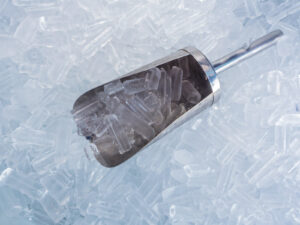The dirty truth about ice cubes

Ask yourself the question, how clean is the ice in your glass?
If you are not careful, your drink has a lot of dangerous bacteria, no matter where the ice was made, whether in a pub, restaurant, ice factory, or your own home. You may think that micro-organisms do not survive in the icy conditions of freezers, but the truth is quite different and this is backed up by years of research by scientists around the world freezing bacteria and studying their survival rates. Researchers emphasise that we cannot kill 100% of potentially dangerous bacteria found in food, such as Listeria, E. coli, Salmonella, and Noroviruses, no matter how long they remain frozen. In 2013, Norovirus found in contaminated ice cubes on a golf course in Phoenix made 80 people sick and one of them died. His death was caused by choking and not directly by the bacteria, but he would not have had any ailments if he had not consumed the contaminated ice... Bacteria, such as this one or Listeria, are resistant to sub-zero temperatures due to their robustness. If ingested, they cause fever, chills, headaches and dizziness, vomiting, and diarrhoea. In pregnant women, the elderly, and those with compromised immunity, the complaints may be more severe. Similar effects are observed for other bacteria, e.g., coliforms. They can cause very serious infections if they get into the urinary tract or, in extreme cases, cause meningitis.
Sources:
https://www.realtor.com/advice/home-improvement/dirty-truth-about-ice-cubes/
http://www.nbcnews.com/id/13775964/ns/dateline_nbc/t/dirty-ice-can-make-you-sick/#.XGfdmS16NE4
http://www.safeice.org/in-the-news.html

The dirty truth about ice cubes
Ask yourself the question, how clean is the ice in your glass? If you are not careful, your drink has a lot of dangerous bacteria, no matter where the ice was made, whether in a pub, restaurant, ice factory, or your own home. You may think that micro-organisms do not survive in the icy conditions of freezers, but the truth is quite different and this is backed up by years of research by scientists around the world freezing bacteria and studying their survival rates.

Listeria monocytogenes
Listeria monocytogenes is a broad-spectrum bacterium that multiplies between -0.4 °C and 50 °C, is resistant to short-term pasteurisation and freezing as well as subliminal doses of preservatives and detergents, thrives under both aerobic and anaerobic conditions,

Can you get sick from contaminated ice?
There are few studies that provide information on standards for the production of ice cubes. One of them are reports released by ice machine manufacturer Ice-O-Matic. They showed that almost 40% of operators acknowledge that they did not realise how often the ice machine, especially the water filters, needed cleaning. This showed that this area is often a neglected place. In addition, despite being professionally involved in the production of ice cubes, operators were unaware that bacteria were able to survive in ice.
Stowarzyszenie Producentów i Operatorów Certyfikowanego Lodu Spożywczego, (Association of producers and operators of certified food ice) KRS [National Court Register] No. 0000784552, REGON [National Official Business Register] No. 383424111, NIP [VAT] No. 7010927104 00-630 WARSZAWA, ul. POLNA 24/7

